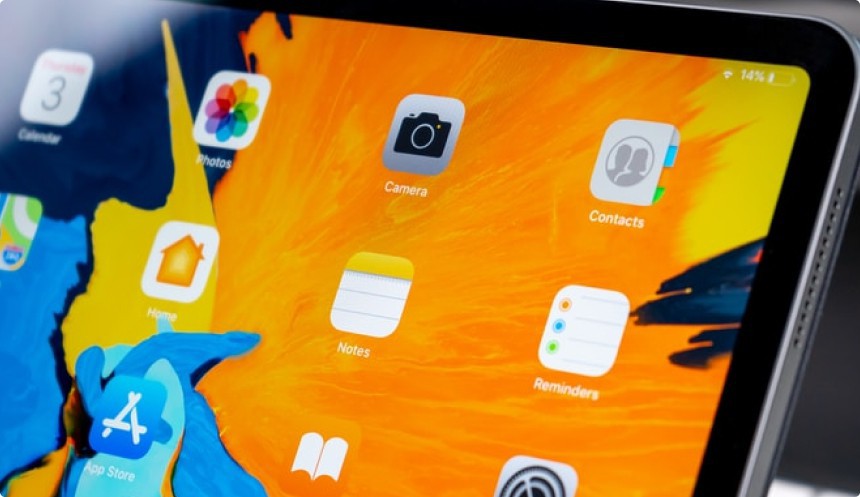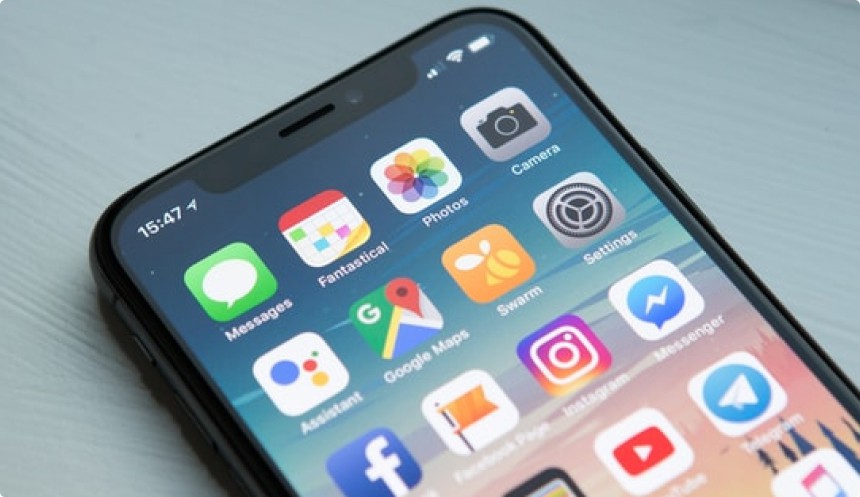Smart Africa CEO sees chance to build a digital 'Wakanda'

The pandemic has boosted the digital economy across the world, and Africa is no exception.
The pandemic has boosted the digital economy across the world, and Africa is no exception.
However, limited internet access remains a major stumbling block in Africa's digital transformation, as do inconsistent policies across the continent in areas such as payment systems and data roaming.
Looking to remedy that is Smart Africa, a partnership between 32 African countries, and groups including the World Bank and the African Union. Tasked with developing the continent's digital infrastructure, the organization recently signed an agreement with Intel (INTC) to develop its member states' digital skills and understanding of emerging technologies, such as cloud computing.
Eleni Giokos spoke with Lacina Koné, director general of the Smart Africa secretariat, about the continent's digital future. The following interview has been edited for clarity and length.
I want to talk about Smart Africa's ambition to create a digitally connected Africa by 2030. How are you planning to achieve this goal?
Koné: We can achieve this by organizing ourselves. Every country who joins has a flagship project — Rwanda's is a smart city, South Africa's is artificial intelligence and blockchain, Burkina Faso's is capacity building, Côte d'Ivoire is cybersecurity. We assist them, take it from a concept to a blueprint for pilot, then scale it up. When we get to the scaling-up stage, we share the best practice with the rest of the members. We're learning from each other and growing together. And the central role that Smart Africa is playing is really coordination and our organization of laws, because what is very important is building a regulatory environment in Africa for emerging technology for investors to back.
We've seen incredible movements in the financial technology space — Africa dominates the use of mobile money transfers — but have we seen anything new that's disruptive, that's transforming lives dramatically?
Koné: We have seen it, but probably not big enough. Today, Africa has about seven tech unicorns [privately owned startups valued at over $1 billion]. When we talk about leapfrogging, this is about innovation-based entrepreneurship. We need a digital economy that is sustainable and that requires an adaptive regulatory environment. I keep on saying infrastructure is a regulatory environment. Digital governance is a regulatory matter.






تعليقات
اترك تعليقك